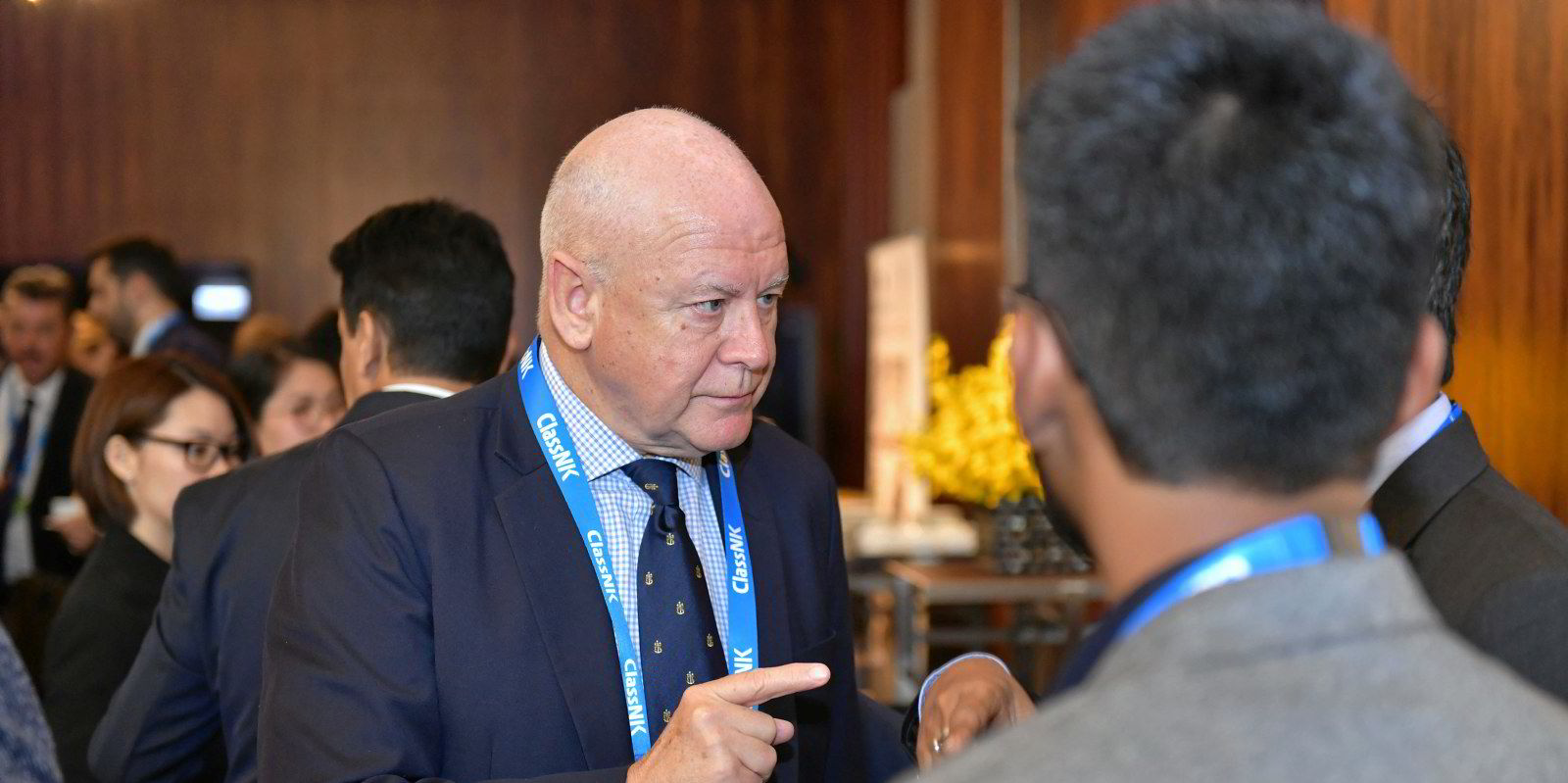New York-based crowdfunding financier Yieldstreet and chief executive Michael Weisz have failed in court to stop a group of disgruntled and “well-motivated” investors, who seek to recoup the millions they lost to failed cash buyer North Star Group.
“This ruling is a watershed moment for anyone who has been victimised by crowdfunding platforms,” said Dan Centner, lead lawyer for plaintiffs in the investor class-action lawsuit.
Centner of the New Orleans-based Peiffer Wolf law firm claimed that it is routine for crowdfunding lenders to reassure investors with confident claims about the creditworthiness of borrowers like Tahir Lakhani, but to fail to carry out elementary due diligence checks.
“Without naming names, we currently have active litigation, arbitration, or mediation proceedings against three crowdfunding issuers,” he said. “You would be surprised how often they overlook red flags about their borrowers.”
Fintech player Yieldstreet entered maritime finance in 2018 by funding Lakhani-linked North Star entities through controversial short-term loans of money sourced from its online platform. It lost an alleged $90m in 2020 after defaults, for which it has won a $77m summary judgment in London against Lakhani interests.
In a class-action fraud lawsuit headlined by lead plaintiff Michael Tecku, investors have claimed Yieldstreet and Weisz misled them about its financial track record and about its due diligence process for vetting loan clients. The lion’s share of their claims concern ship scrapping deals, but art and oil and gas financings are also included.
In a separate action, Yieldstreet has sued Four Wood Capital Partners over allegedly bad advice in the Lakhani deals. Four Wood led by New Jersey-based Steven Baffico is the fund manager behind Cyprus-based Global Marine Transport Capital (GMTC), led by ship finance veteran Andrew Simmons.
But the Tecku plaintiffs in their class action have contended that Yieldstreet should have listened to GMTC’s advice more closely.
Four Wood principal Steve Baffico declined to comment before reviewing the fresh decision in the investor lawsuit, to which Four Wood and GMTC are not parties.
A key issue in the legal fights has been Yieldstreet’s preference for risky short-term loans for the purchase of a single vessel or package of vessels, instead of revolving credit facilities.
Revolvers, traditional in cash-buyer finance, limit risk because there is no more cash to borrow until a first borrowing is paid back.
Critics of Weisz claim he went against GMTC’s advice to issue short-term loans because they provided more fees.
In a 53-page order issued on 3 May, judge Victor Marrero of the Southern District of New York federal court declined to dismiss the Tecku class-action lawsuit, finding that some but not all of the investor allegations if proven in court would be suitable to support a fraud claim.
In particular, the judge found that Yieldstreet’s claim that it had never lost any principal in its deals was arguably knowingly false when made and would “satisfy the first element of a fraud claim” under relevant US law. So would its omission of information about changes it made in its advertised diligence process.
The class-action plaintiffs had also alleged that Yieldstreet had misrepresented production volumes in its oil and gas financings, but Marrero threw that out as a basis for fraud claims. He also found that some allegedly misleading omissions of information by Yieldstreet were not a valid basis for a fraud lawsuit, because they were not omissions of obligatory disclosures. “[A] corporation is not required to disclose a fact merely because a reasonable investor would very much like to know that fact,” he wrote, citing relevant securities case law.
A spokesman for defendant Yieldstreet highlighted the allegations that the judge did not allow.
“We’re pleased the court has again narrowed this unfounded lawsuit at such an early stage of the case, and confident that Yieldstreet will win what is left of the case now that we are moving into discovery when the facts matter,” the company told TradeWinds in a prepared statement through an outside representative. “One named plaintiff has already dropped out of the case entirely.”
But the lead lawyer for the plaintiffs hailed Marrero’s order as a first-of-its-kind analysis of how federal securities law applies to crowdfunding platforms, and likely to be noted by other judges.
“The parameters of crowdfunders’ liabilities under federal securities law has been an open question,” Centner said.
Centner, like his adversary Yieldstreet, is eager for the discovery phase and expects to be busy in the coming weeks.
“Our clients are well motivated and they want us to move quickly with discovery and we intend to do so,” Centner told TradeWinds.
This story has been updated to clarify the identity of the defendant in Yieldstreet’s lawsuit. In that action, which is separate from the shareholder lawsuit, Yieldstreet is suing Four Wood Capital Partners, not its affiliate Global Marine Transport Capital.





